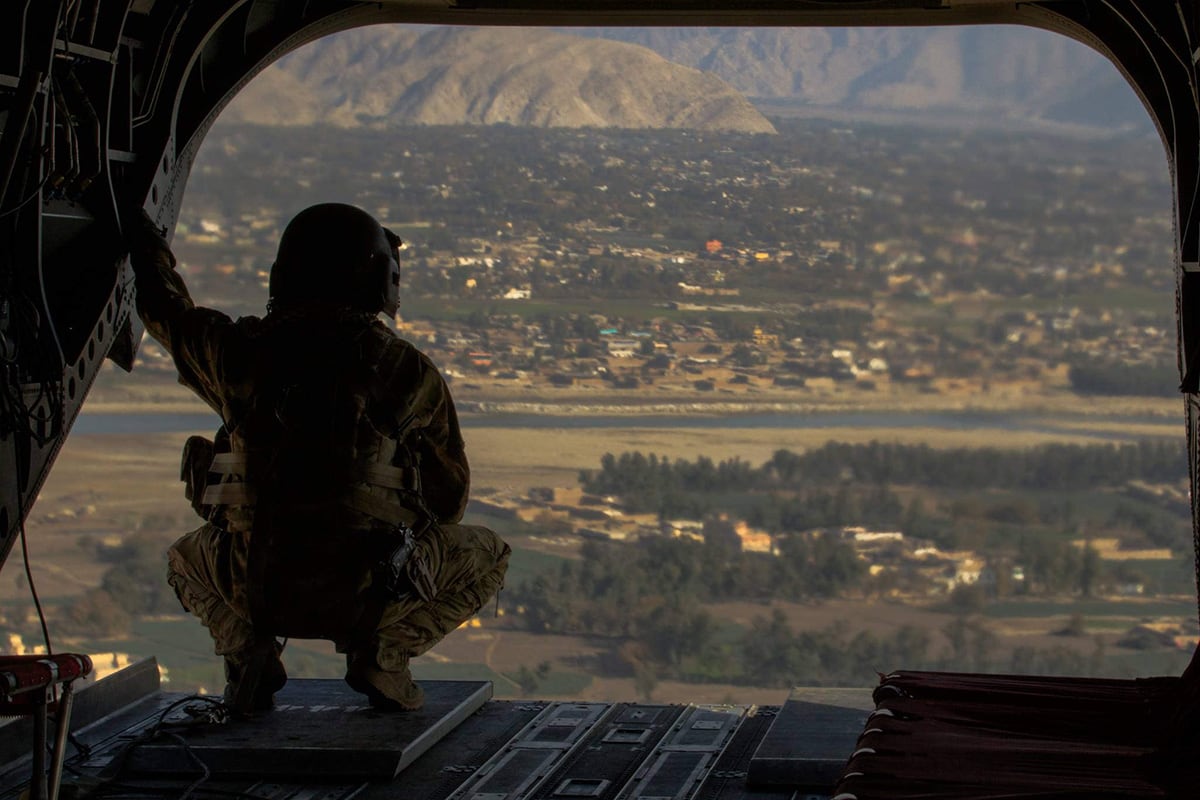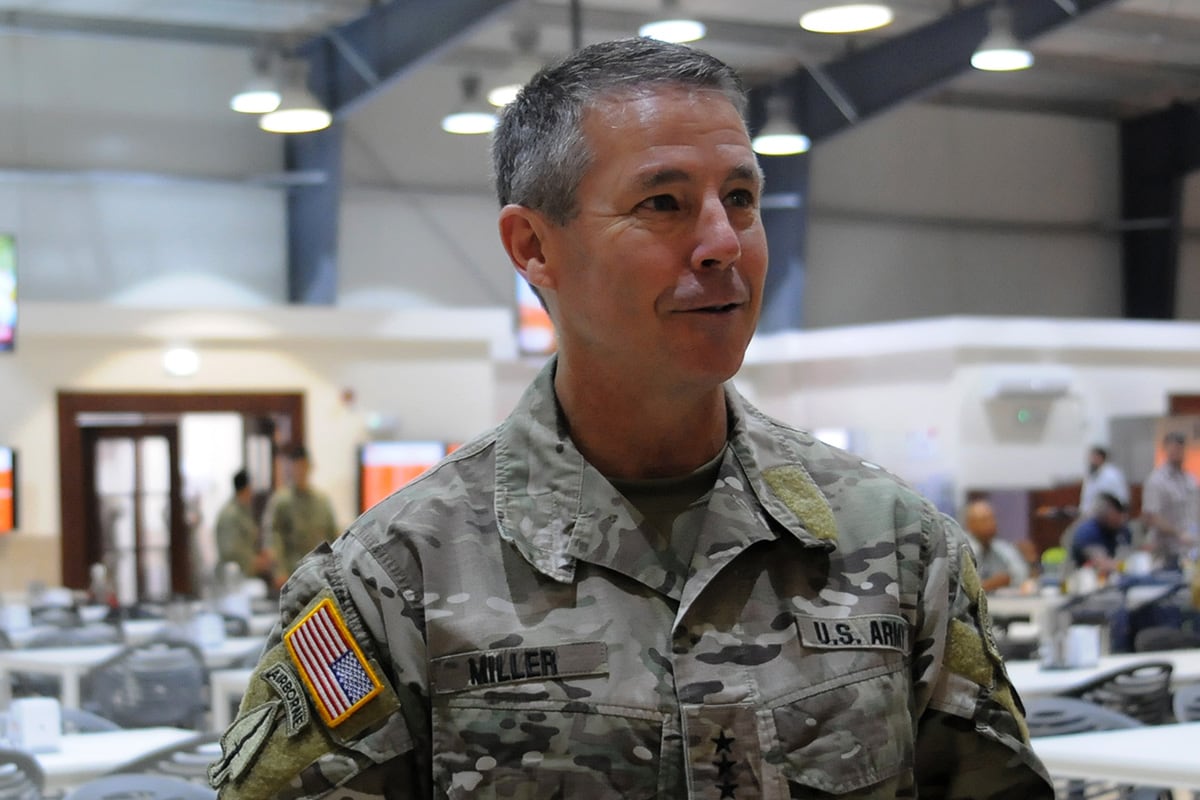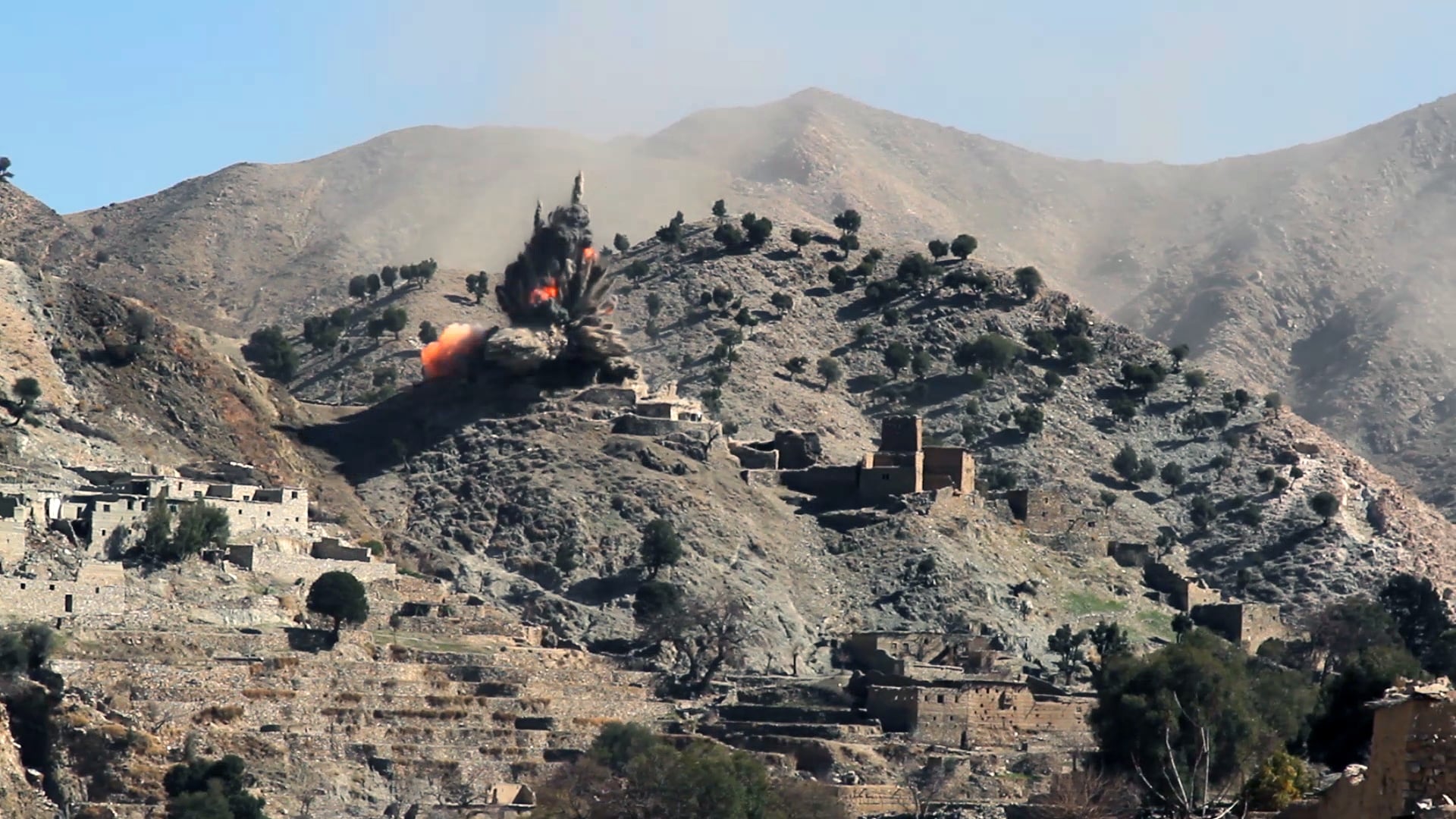WASHINGTON — While acknowledging that 17 years of war “is a very long time,” the incoming head of U.S. forces in Afghanistan told lawmakers he sees progress in the ongoing fight thanks to recent changes in military strategy there.
“I can’t guarantee you a timeline or an end date,” said Army Lt. Gen. Austin Scott Miller, nominated to succeed Army Gen. John Nicholson leading the American and NATO mission in Afghanistan.
“But I go back to the vital interests of national security for America. I know this is having an effect on elements that would attack us.”
The comments grew skepticism from several members of the Senate Armed Services Committee, who expressed confidence in Miller to lead the Afghanistan effort but grave concerns with the ongoing mission there.
RELATED

Congressional officials said about 16,000 U.S. troops are currently deployed in Afghanistan in training and counterterrorism roles. Pentagon estimates have about two-thirds of the country’s population in areas under Afghan government control, with the rest still contested or being held by Taliban fighters.
Miller, who would be the 17th commander to oversee the Afghanistan mission, acknowledged when pressed by lawmakers that Pentagon leaders need to be evaluating the possibility of a full U.S. withdrawal of troops in coming years.

At one point in the hearing, he motioned to his son — a second lieutenant in the Army — and said he “never anticipated his cohort would be in a position to deploy there.”
But Miller also warned that “with a precipitous and disorderly withdrawal, we would see negative effects on U.S. national security.” He said without more training and preparation for Afghanistan security forces, “I would be concerned about ISIS and al-Qaida’s ability to emerge” as terrorist threats against the American homeland.
Like several previous commanders for the Afghanistan mission, Miller said he sees progress in that training, and said military officials need more time to complete that work.
Democratic lawmakers questioned whether that will ever be finished.
“I’m afraid we’re asking our military to perform an impossible task,” said Sen. Elizabeth Warren, D-Mass. “Our military cannot and should not be in Afghanistan forever. We’re heading deeper down a path that does not have success at the end.”
Several others expressed concerns that President Donald Trump’s new strategy for the region — which included another plus-up of American troops deployed in Afghanistan — has no realistic exit strategy.

But other Republicans on the panel used Miller’s warning of a premature withdrawal as justification for the continued presence, and a reminder that serious threats still remain nearly two decades after the Sept. 11, 2001, terrorist attacks.
“I wish that you and all of those other lieutenants and captains who said in 2001 that they were there so their kids wouldn’t have to be could have had that prediction come true. But it’s simply not the case,” said Sen. Tom Cotton, R-Ark., and an Iraq War veteran.
“The enemy is still there. And the enemy still gets a vote.”
Miller is expected to be confirmed to the post in the next few weeks.
Leo covers Congress, Veterans Affairs and the White House for Military Times. He has covered Washington, D.C. since 2004, focusing on military personnel and veterans policies. His work has earned numerous honors, including a 2009 Polk award, a 2010 National Headliner Award, the IAVA Leadership in Journalism award and the VFW News Media award.





